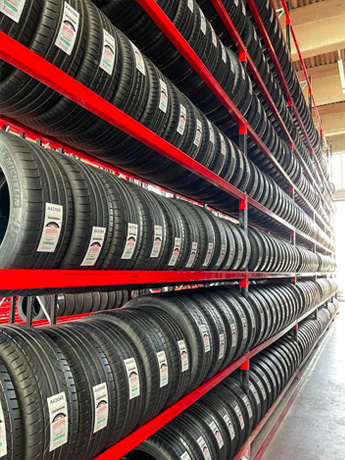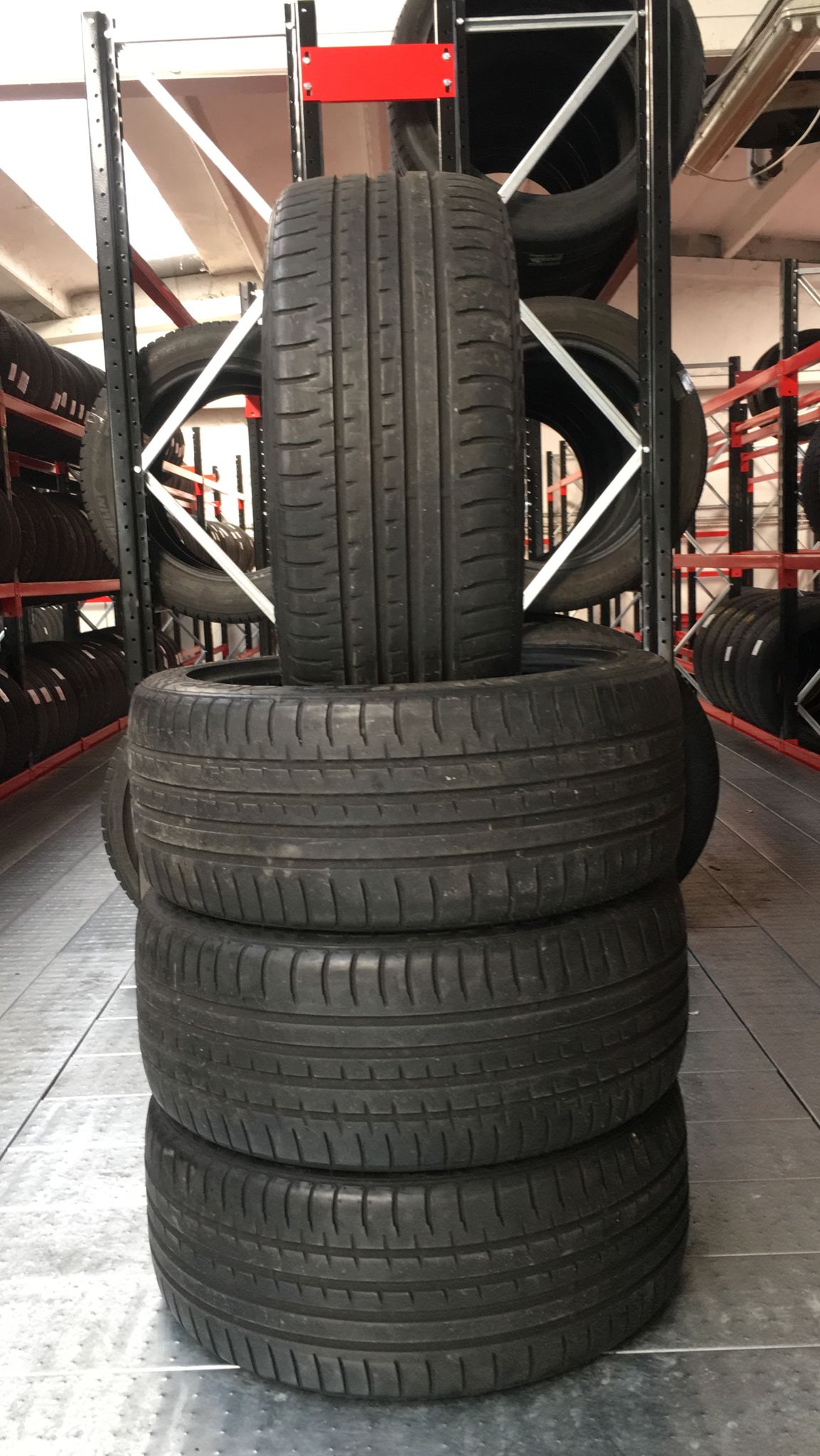
USA: 1.000 officine Pep Boys offriranno il montaggio dei pneumatici comprati su Amazon - Pneusnews.it

Maped Color' Peps - Set da 100 pezzi da colorare e custodia per il trasporto (36 matite, 36 pennarelli, 24 pastelli, pennarello per lavagna, matita HB, gomma e temperamatite), assortiti 907003 : Amazon.it: Giochi e giocattoli

Il Nuovo Giornale Web - Pianura Veronese - CORONAVIRUS. A LEGNAGO SEI GOMMISTI FANNO SQUADRA PER LE EMERGENZE DEI CITTADINI. GOMME E REVISIONI APERTE A TURNO.

























